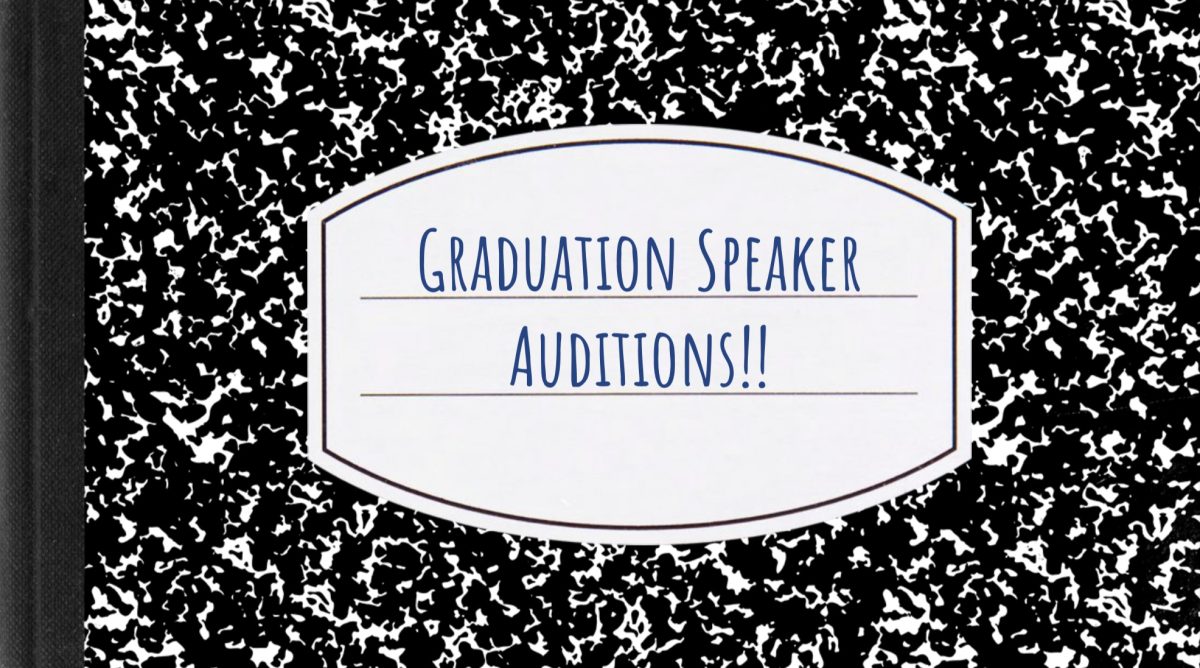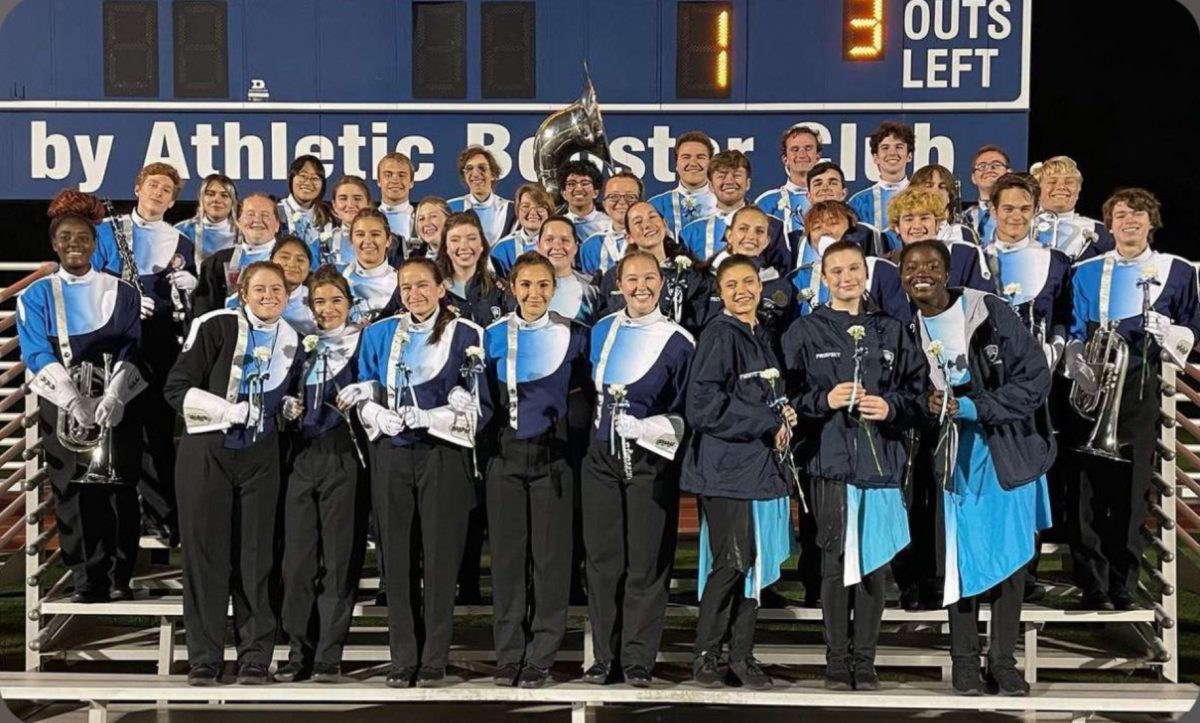The Screen Actors Guild-American Federation of Television and Radio Artists (SAG-AFTRA) is a labor union that represents about 160,000 people in the entertainment industry.
Members of the SAG-AFTRA went on strike from July 14 to November 9.
Actors and other SAG-AFTRA members were fighting for better pay and working conditions, as well as contracts that included provisions on artificial intelligence.
The thing the actors were most concerned about was pay lessening, especially around residual payments.
Residual payments are payments actors receive when their work is re-used, such as when a movie or show is re-aired or released on DVD.
Actors were unhappy because these payments were compensated at a much lower rate for streaming projects, and pay was calculated differently.
An article from Harpersbazaar.com expressed that of the 65,000 SAG members who cast a ballot in June, about 98% voted to authorize union leaders to call for a strike if no deal was reached by the July 12th deadline.
SAG-AFTRA has gone on strike before. The first strike started in December 1952 and ended in February 1953. It occurred due to residuals, so this has been a common theme for actors for decades.
Most times actors come to a deal, but they have to fight long battles to get even a little bit more pay.
In an interview on decodingeverything.com, actor Curt Mega explained that while striking could be beneficial, non A-list actors had trouble taking time off work since that is their income, but in the end striking, for most people, means more because of what it stands for.
“We have nothing to lose except potential sustainability of the term career,” Mega said. “So give it up for six months, a year, whatever. I think we’re all ready to do that.”
Mega also talks about the threat of AI technology putting actors out of work. Mega explains SAG-AFTRA negotiator Duncan Crabtree Ireland revealed that they wanted to come to an agreement on AI.
The agreement was that if you are a background actor they can scan your face, use your name and not pay you very much for it.
This surprised Mega, as he was confused why there was no willingness to even try and compromise on this at the start of the strike.
“I am utterly baffled by the strategy. I don’t understand what the endgame is, aside from, I guess, starving us out and making us homeless,” Mega said. “I’m completely baffled as to what it is that they are looking for to be willing to have the conversation.”
With all of the events surrounding the strike, an agreement was eventually reached.
The agreement covered numerous aspects of actors’ and writers’ jobs, but the main agreement focused on wage increases, new streaming bonuses and limits on self-tapes, according to cnbc.com
The new contract creates protections around various scenarios in which AI would come into play.
The agreement was that consent and compensation is now an important factor on projects.
Actors and SAG-AFTRA president Fran Drescher were very excited about reaching a deal. As stated in an article by ktla.com, Drescher explains she knew all the hard work was for a reason.
“I am so proud that we did what we set out to do,” Drescher said. “This is a historic contract at a seminal moment… “Whatever was thrown at us, we turned it around into a positive.”








